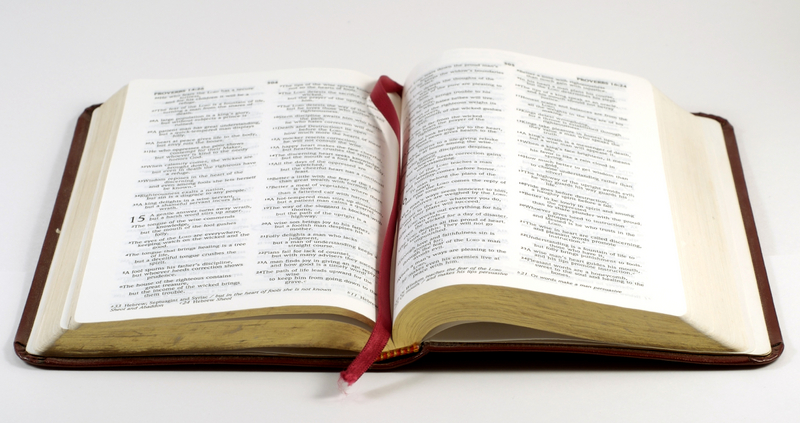
Approaching St.Ives with the large converted mill building on the left, which can be seen from way back along the river and the tall steeple of the Free Church in the town centre.

The steam mill at St Ives was built by Potto Brown in 1854 and continued in use until 1901 when is was sold to Enderby and Co to become a printing works. Later the building was used by Sir Clive Sinclair to manufacture some of the early electronics that were to change our lives and make him famous. It now contains apartments.

For over a thousand years St Ives has stood on the banks of the River Ouse. It is spanned by the town’s famous 15th century chapel bridge. You can see the chapel in the centre of the bridge. The spire belongs to the parish church at the end of the Waits.
.

At the end of the town are the Waits, whose name possibly derives from the Saxon word wiht meaning the bend in the river, or it could be that barges would queue up here waiting to be unloaded at the Quay. Take your pick!

The houses along the Waits were sometimes flooded when the river was running high, flood defences are now in place.


Do you think this may have been a butchers shop?

The Methodist church here is built with carrstone, like we saw used in many of the building in Downham Market. This building replaced an earlier one where John Wesley once came to preach. He reported in his diary that ‘he preached to a very well dressed yet well behaved congregation’.
I wonder if he knew of the existence of the Bible Dicing tradition of St Ives. We read about this custom in the Norris Museum.

Dr Robert Wilde, poet and Puritan clergyman, died of an asthma attack in 1678, though he had lived into his sixties, not a bad age for the time. In his will he bequeathed £50 to the town, which was invested in land. The revenue from what came to be known as Bible Orchard was to be used for the purchase of twelve bibles, six to be given to girls, six boys, all of whom must be local and literate.
So far so good. But the way the children are chosen is by dicing of all things, and at Pentecost too. Strange enough for a Puritan , but stranger still in that it was to be done on the altar! It is suggested that Wilde was poking fun at the pomp that had become fashionable again in the Restoration Church after the simpler days of the Commonwealth. Or that it was the bible itself that was key in Christian worship, and how people came to know 'the word' was irrelevant. The Vicar and his churchwardens get to feast well and wash the meal down with good wine into the bargain as part of the day, which makes it even stranger coming from a strict Puritan. But the strangeness of the event has possibly ensured its survival, the lasting fame of Robert Wilde, and the continuation of his charity.
Today’s Journey St Ives to St Neotts
12 miles, 6 locks
You should have hit Bedford and be half way back to March by the time you get this then!!
ReplyDeleteAll the time we were stuck in and around Ely I've never been in the Cathedral due to cost - I didn't know you could get in for free in the evenings. I bet the choirs were amazing.
x
Services are always free. The choirs were good, but it was good to see the tradition of mischievous choirboys still stands.
ReplyDeleteI'm intrigued that Wesley notes both well-dressed and well-behaved, as though the two didn't normally go together.
ReplyDelete